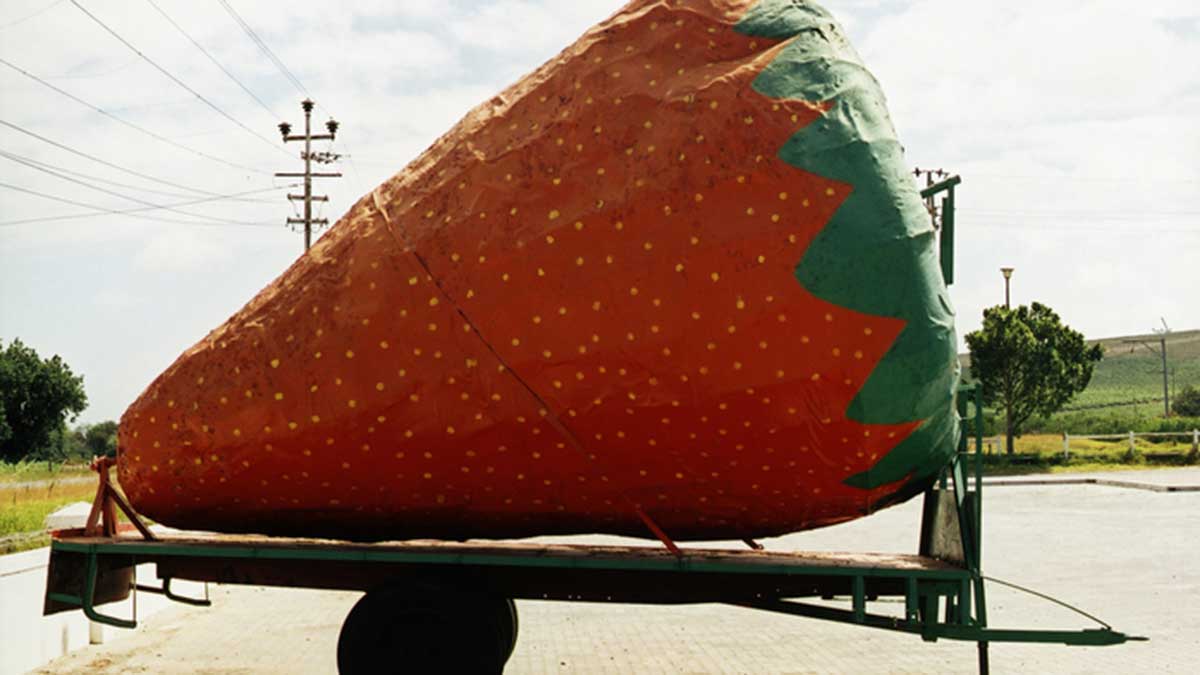Roots $5m IPO will heat the ground so we can grow strawberries in winter

Roots hopes to help farmers yield bigger and better strawberries year round. Picture: Getty.
Fresh, local strawberries in the middle of winter – that’s the vision of agtech Roots Sustainable Agricultural Technologies which is raising $5 million in an initial public offering.
Roots sells an underground heating and cooling system for crops that increases yields and allows crops to be grown out of season.
Water flows through underground pipes, heating or cooling the soil in a crop’s root zone by as much as 10 degrees.
Developed in Israel, co-founders Sharon Devir and Boaz Wachtel have tested the technology in some of the world’s harshest conditions to deliver consistent produce no matter the time of year.
“It can get to 45 degrees during the summer in the Jordan Valley and farmers have to stop growing for the season,” Mr Wachtel told Stockhead.
“Root zone temperature optimisation means that they can add another crop during the year, substantially improving on their income potential.”
Roots is offering 25 million shares at 20c apiece, and hopes to list in mid-November.
Dr Devir said the technology allowed farmers to grow crops off-season when prices were highest.
“We are not just focussed on the yield itself but on when they can derive the most yield,” he said.
“Winter temperatures in the desert make it impossible to grow strawberries but that is when the premium prices are higher — we can still grow strawberries even if it is near zero degrees outside.”
Field testing of strawberries saw average production increase by 25 per cent, with less deformations and no need for additional ambient heating when the roots were heated by just 10 degrees.
Salad crops such as lettuce, cucumbers and tomatoes were also a hit as with potential applications to the likes of melons or herbs.
They say the optimum temperature range is between 15 and 30 degrees and with the ever-looming effects of global warming Mr Wachtel said the technology would become even more pertinent.
The company has been operating since November 2012, when it first got the backing of an Israel Innovation Authority grant.
As of July this year, roughly $2.5 million has been spent on research and development.
UNLOCK INSIGHTS
Discover the untold stories of emerging ASX stocks.
Daily news and expert analysis, it's free to subscribe.
By proceeding, you confirm you understand that we handle personal information in accordance with our Privacy Policy.








